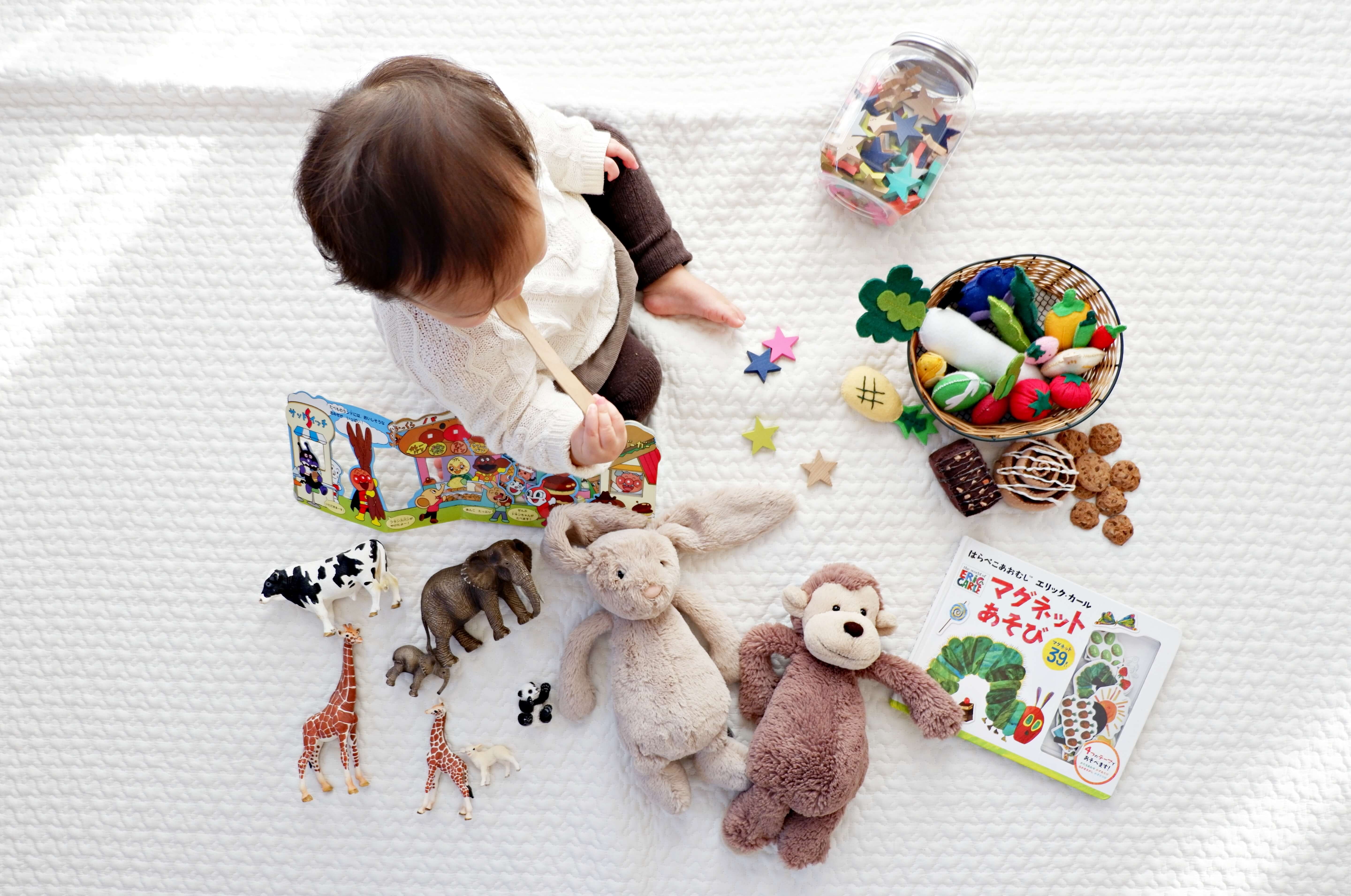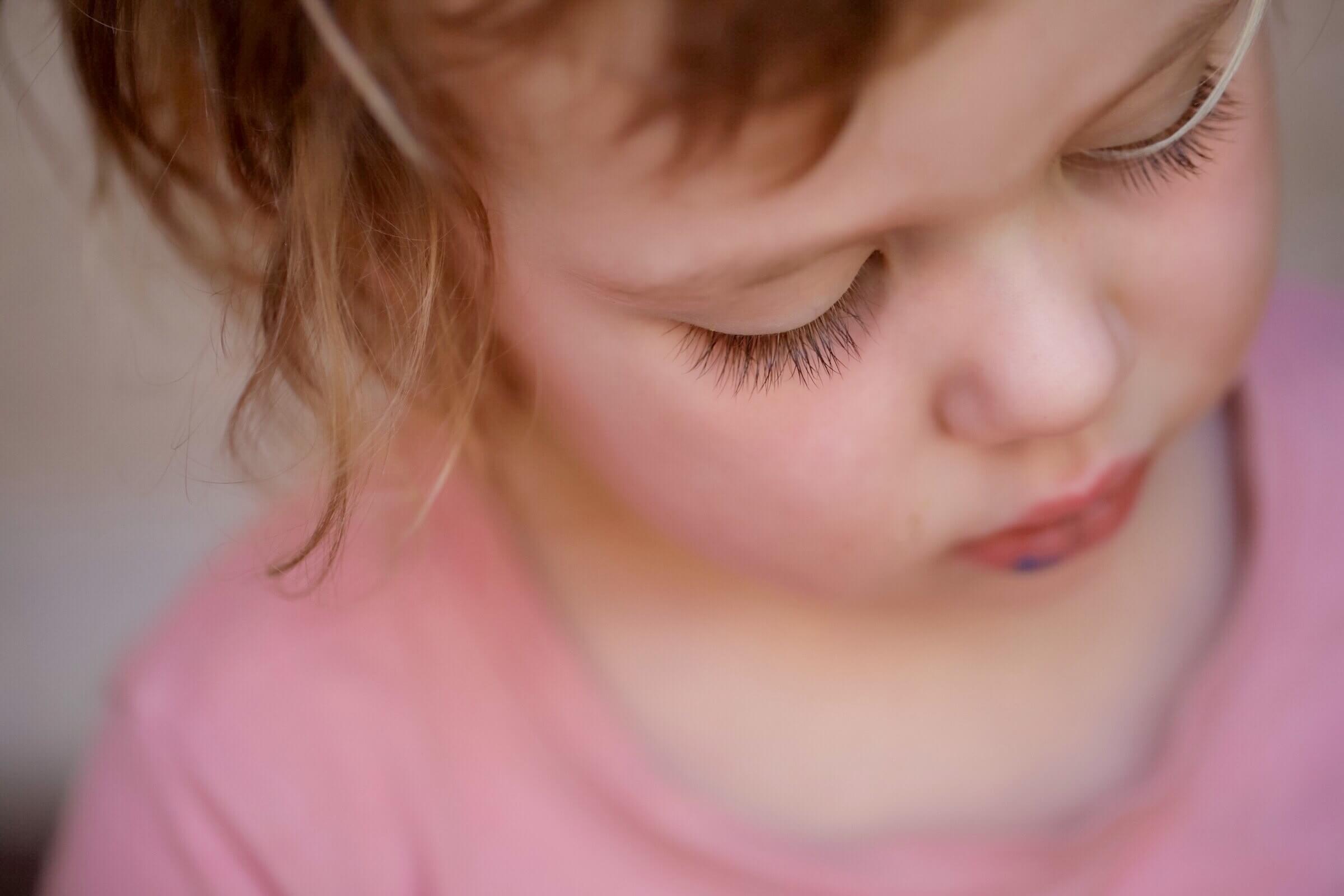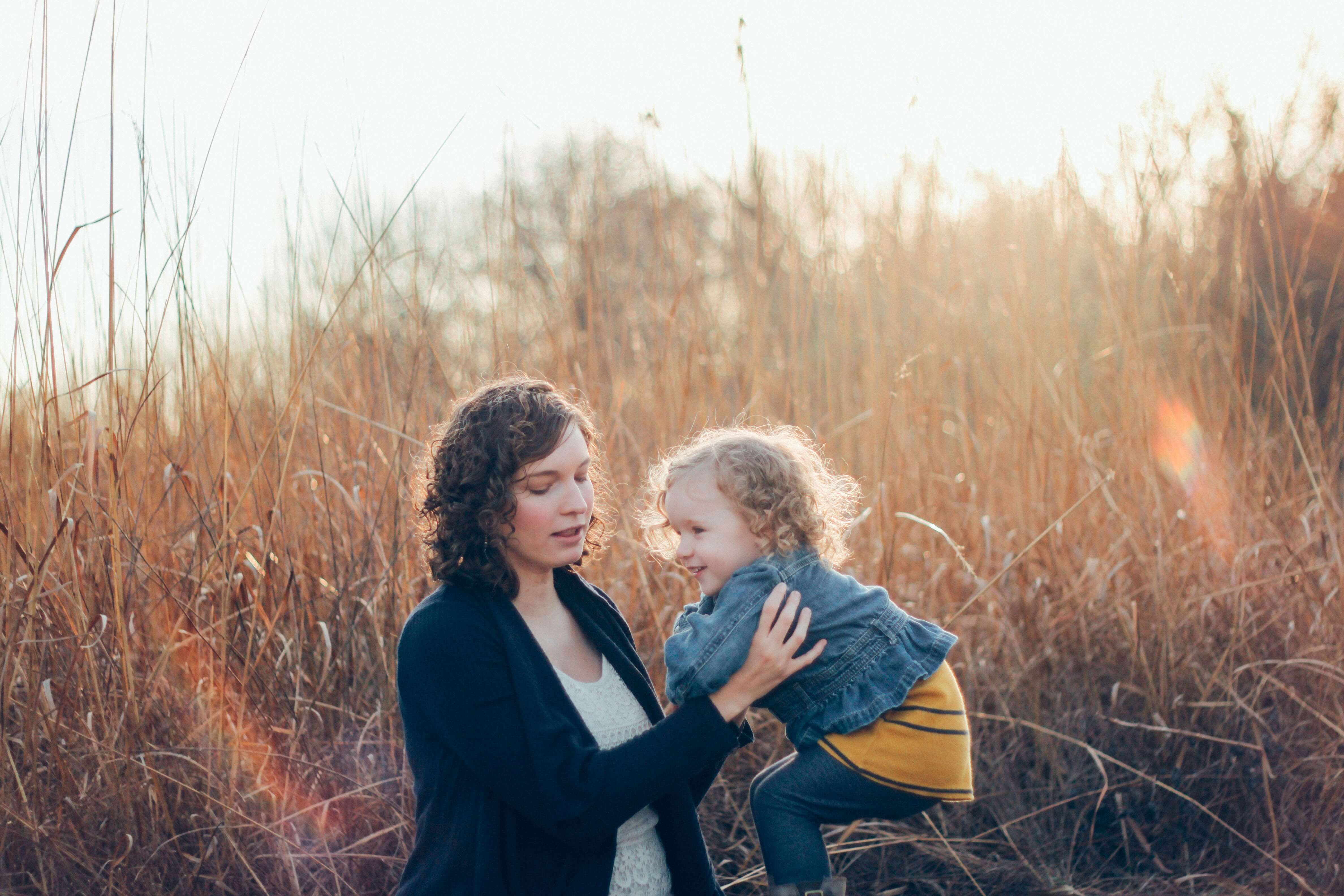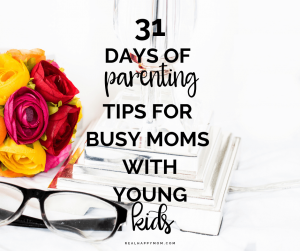What is he saying? Why is he crying? What does he need?
I have asked myself these questions many times when dealing with my toddler. Sometimes I would even get frantic trying to figure out what he was trying to say.
I could tell he was trying to communicate with me, but I struggled with understanding him. After taking some time to really patient attention to what was going on, I got better at communicating with my toddler.
Now, I want to share what I have learned to help you understanding toddler language and how you can improve communication with your toddler.

Big Feelings
Toddlers experience some significant emotions as they struggle between their sense of independence and their strong attachment to you.
Knowing this will help you better understand what is going on in your toddler’s mind. Hopefully, this helps you make sense of how your toddler clings to you one minute and pushes you away the next.
If your little one seems frustrated and angry when you’re dressing him, it might be because he wants to do it himself.
But if you let him dress himself, he will get frustrated because he can’t! I know. This can be frustrating. But try to find a balance between helping your toddler and letting him do some things on his own.

Photo by li tzuni on Unsplash
Visual Listeners
Experts recommend making eye contact with your toddler when you speak. This helps engage and get your toddler’s attention.
Use a word or phrase
This helped significantly with my older son. But sometimes I had to remind him to look at me. You can try this by using a simple word or phrase, like “Eyes, please,” or “Look.” Repeating a word or phrase along with a gesture is helpful as well.
Try practicing this during calm times. Use your phrase or word and raise your finger in front of your child’s face, then move your finger to point to your eyes
It may take a few times, but eventually, he should follow your finger to your eyes. Then, smile and let him know that’s the right response to your keywords.
Try sign language
You might consider sign language as well. This visual means of communication has brought welcome relief to some parents and toddlers who have experienced communication frustrations.
I personally didn’t use sign language much, but I had several friends that did and found it very helpful. Especially when it came to trying to figure out if their child was hungry or tired.
Visual communication works both ways. As you engage your toddler with using a word or phrase to get his attention or sign language, watch him as well.
His arms, eyes, hands, legs, and whole body can communicate.

Photo by Jodie Stallard on Unsplash
Limited Memory
Toddlers are said to have limited memory, especially for consequences, which is why you may find yourself getting frustrated at correcting behavior over and over.
It might relieve you to know that this is not rebellion, but it is considered a simple matter of needing repeated experience.
Toddlers may need many experiences for them to internalize something and change their behavior.
For instance, my two-year-old likes to pull his tablet off of countertop. Although he is trying to help himself, he doesn’t realize the tablet is on the charge and he will pull more than the tablet off of the counter.
After the pulled the tablet and had a few things hit him in the head I thought he learned his lesson. The next day, he did the same thing. But now he has figured out that he needs to let me know and I will help him get the tablet.
Limited Empathy
Experts point out that toddlers have not really developed the ability to empathize yet.
Toddlers just don’t seem to make connections between how they feel and how others feel.
This may be why the age-old advice to do something to the toddler that you don’t want him to do tends not to work. Instance biting your toddler when they bite you may not be a good idea.
Because you may actually have a negative effect as you model this behavior. Next thing you know, your little one is biting everyone they see.

Photo by Shelby Deeter on Unsplash
Hopefully, as you learn the way your toddler’s thought processes work, it will help improve your communication and relationship with one another.
This post is a part of the series 31 Days of Parenting Tips for Busy Moms With Young Kids. Each day throughout the series I am discussing a different topic regarding parenting young kids. I’d love for you to follow along and share this series with moms who may need some support or just to hear that they aren’t alone in their journey of raising young kids.
Find all of the posts in one place on the series homepage: 31 Days of Parenting Tips for Busy Moms With Young Kids
